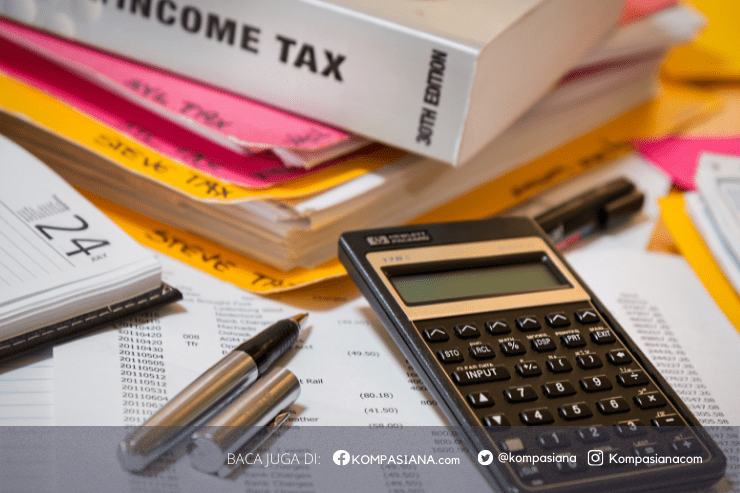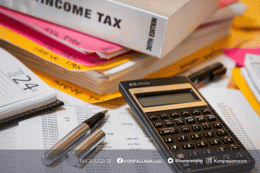As many as 270 million Indonesians, around 241.7 million of whom are Muslims. Thus, making Indonesia one of the countries with the largest Muslim population in the world. This adds a great opportunity for the Islamic economy to increase. One of them is focusing on the halal industry.
Recently, the halal industry has been developing massively and rapidly, halal industry is also considered to be able to reach many sectors, as part of global participation for the future, the role of the halal industry can also attract several countries with the majority of the population is non-Muslim, such as South Korea, Japan, Thailand, and Australia by becoming a producer of the global halal industry. Currently, Indonesia, whose population is dominated by Islam, is one of the target markets for the halal industry.
This potential should be utilized by Indonesia, in building a sustainable Islamic economic development framework. Which is not only a global target market, but also a major player. In addition, the halal industry trend is one of the good prospects in the future and will continue to grow.
According to the Global Islamic Report (2019), around 1.8 billion Muslims are consumers of the halal industry, and this number is expected to continue to increase with total funds spent by halal industry consumers of USD 3.2 trillion by 2024. Indonesia certainly has a great opportunity with a total Moeslim population that accounts for around 12.7% of the world's population in 2020, and as many as 229 million Moeslims living in Indonesia.
On the other hand, the halal industry is also a competitive sector. It is one of the Islamic economic master plans designed and published by the Financial Services Authority, in addition to the Islamic finance sector which has a strategic role in increasing economic growth. This is because the halal industry has contributed USD 3.8 billion to Indonesia's Gross Domestic Product (GDP) every year. If optimized further, the halal industry can increase exports and foreign exchange reserves.
However, Indonesia has not been ranked in the world's top 10 in the category of halal food producers, halal awareness from the public must be increased, and accelerated development of the halal industry in Indonesia as a supplier and role model of halal commodities globally. The development of the halal industry is considered important for the development of Islamic economics. However, the theory of the halal industry is still considered unable to make a significant contribution to the literature on industrial economics and Islamic economics. However, empirically it has been proven that its development can influence the economy's structure, especially in Indonesia.
Becoming a Major Actor in the Global Halal Industry Flow
Public demand for halal products is increasing along with the increasing awareness of the importance of the "halal" element for Muslims. Great opportunities for the halal industry can be developed to strengthen the Islamic economy. Apart from the Islamic financial or banking sector, through the halal industry, Indonesia should not only be a global market target. However, it is also able to become a key player in the global halal industry in a competitive sector.
So, what must be done is to identify challenges and opportunities for the development of the halal industry in Indonesia, analyze the factors that influence the strengthening of the halal industry, which has an impact on strengthening the Islamic economy holistically, and of course the policies implemented by the government and stakeholders in the development of a sustainable halal industry.
Looking at some of the existing problems, are based on a statement from the Central Statistics Agency (BPS) which explains that only around 10% or 1.6 million MSMEs have halal certification. This is related to technical regulations, as well as the problem of halal certification in Indonesia which has not been comprehensively recognized on a global scale.







